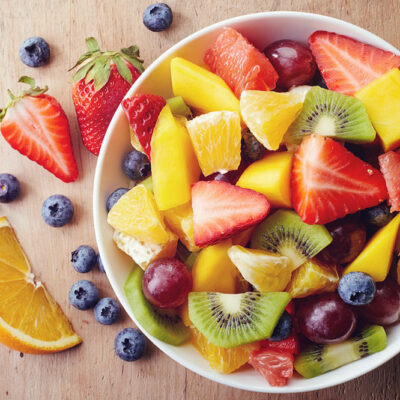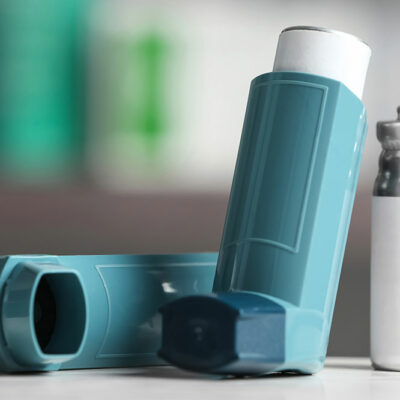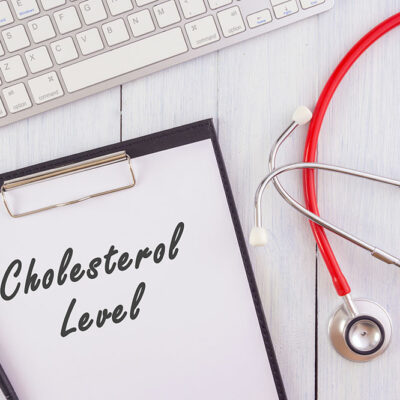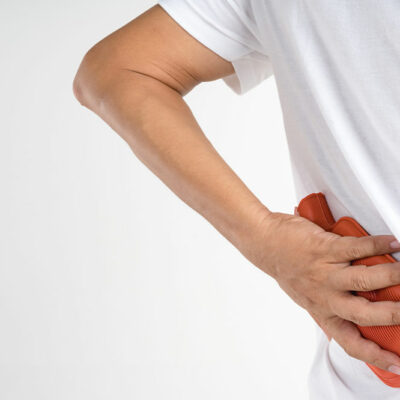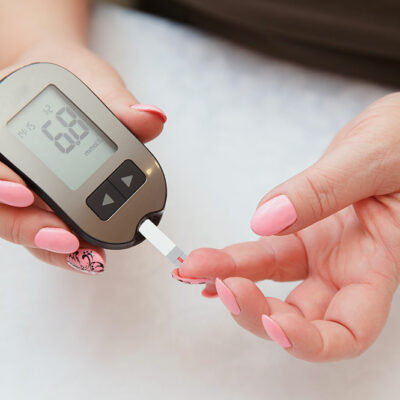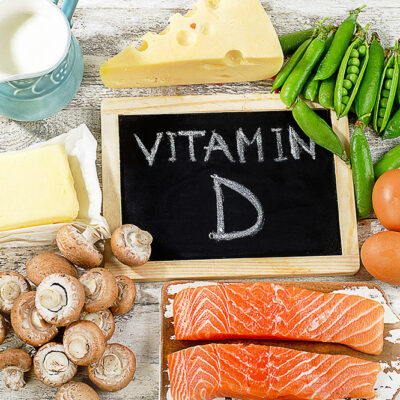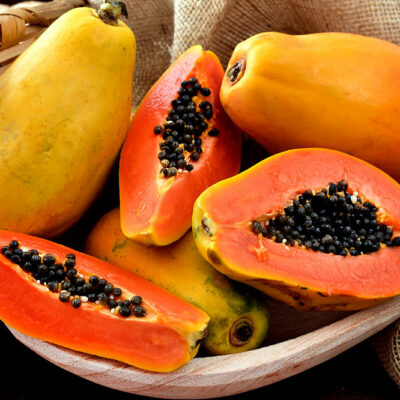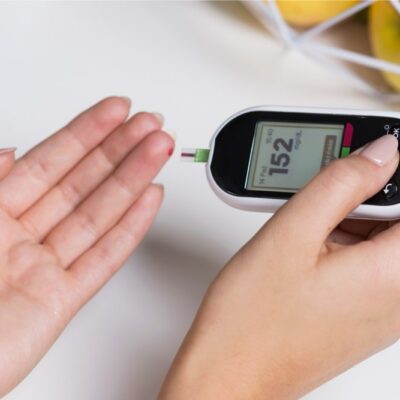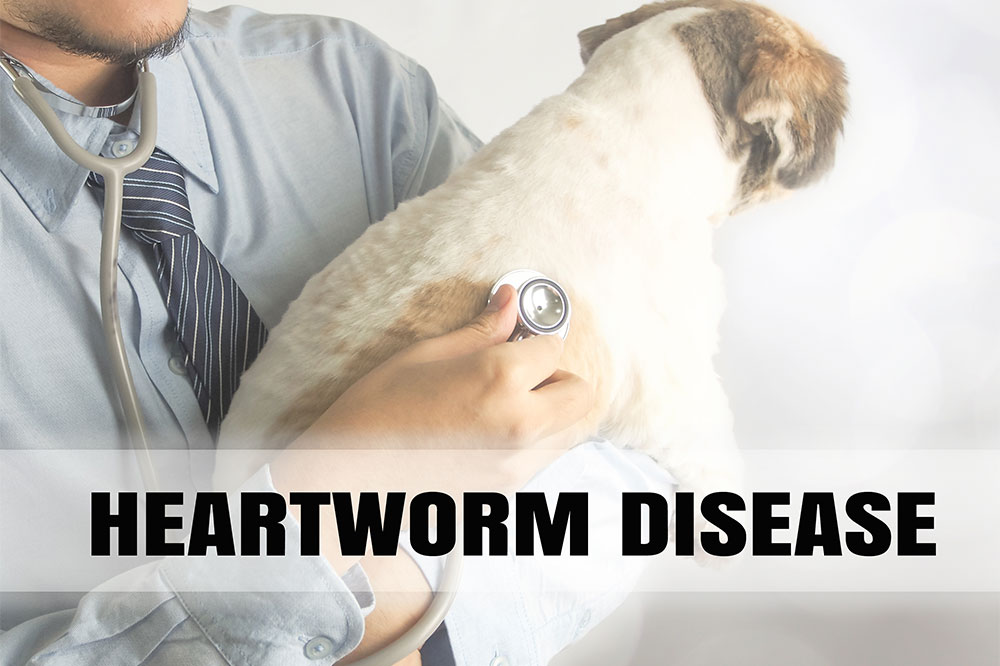9 foods to avoid while dealing with ulcerative colitis
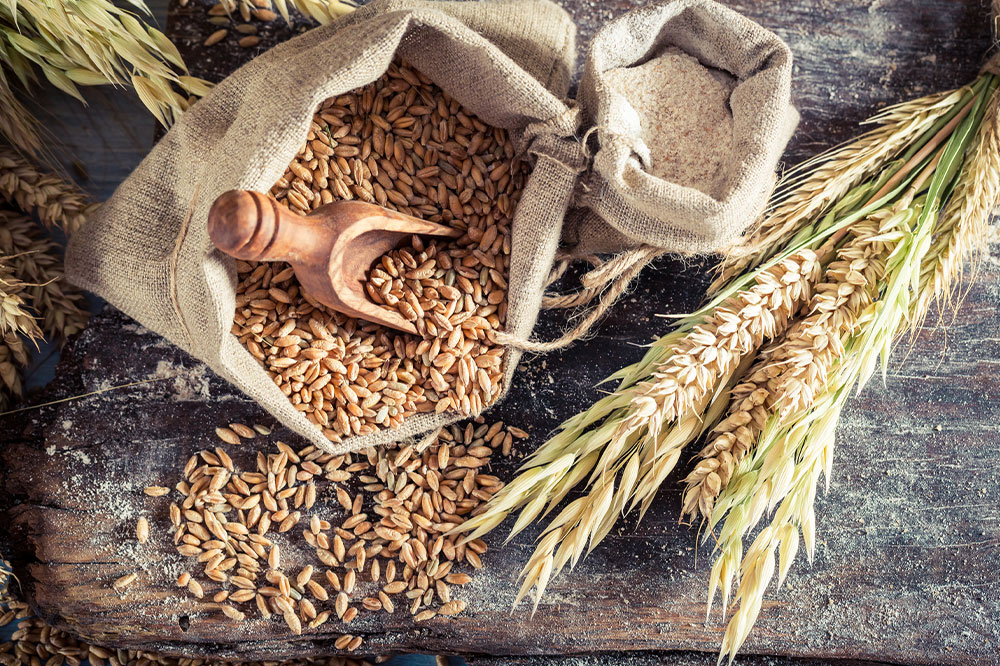
Ulcerative Colitis (UC) is a chronic inflammatory disease that affects the colon and rectum. Common symptoms of UC include abdominal pain, blood or pus in the stool, diarrhea, nausea, rectal bleeding, fatigue, and body mass loss. For people with UC, certain food choices may trigger flare-ups. Therefore, each individual must work with their doctor to chart a nutrition plan that best suits their requirements. Some common foods to avoid with UC include are listed below.
Whole grains
During flare-ups, people with UC may find it difficult to digest foods rich in fiber, like whole grains. Foods to avoid include whole grain bread, cereals, pasta, macaroni, and noodles. It is also essential to avoid other whole grains like brown rice, quinoa, buckwheat, oats, wild rice, millets, bulgur wheat, wheat berries, and spelt. Instead, choose foods from refined flour like white bread, well-cooked white rice, or cereals like puffed rice and cornflakes.
Nuts
The fiber in nuts can be hard to digest for many people with ulcerative colitis. Whole nuts and nut flours should be avoided. It is best to say no to walnuts, hazelnuts, almonds, pecans, macadamia nuts, cashews, peanuts, and pistachios.
Seeds
Seeds contain insoluble fibers which can trigger symptoms of UC like bloating, diarrhea, and gas. Avoid eating sesame seeds, flaxseeds, pine nuts, sunflower seeds, and pumpkin seeds.
Dried peas, lentils, and beans
Legumes are good sources of fiber and protein, but they are also infamous for causing bloating and gas, especially among people with UC. Therefore, avoiding eating all beans, including chickpeas, adzuki beans, and soy nuts, including soybeans and edamame, is best.
Dairy products
Lactose is a sugar found in most dairy products that can often be tough to digest for UC patients. People who suspect lactose is a trigger for them must avoid milk and milk products like butter, yogurt, cheese, and ice cream.
Sugars
Cakes, pastries, juices, and candy can all trigger UC flare-ups. Sugar-rich foods can also increase a person’s susceptibility to flares during remission. Flare-ups can also be triggered by non-absorbable sugars like mannitol and sorbitol, commonly found as sweetening agents in foods labeled ‘sugar-free.’
High-fat food
Eating low-fat foods can reduce the chances of developing ulcerative colitis and its symptoms. Limiting the consumption of butter, coconut or other oils, margarine, cream, and fried foods can help people with UC better manage their flares and reduce the severity.
Spicy food
According to experts, spicy food items like hot sauces, chilies, and hot peppers can trigger symptoms of UC.
Carbonated beverages
Fizzy drinks can worsen gas and bloating during a UC flare. Many carbonated beverages also contain caffeine, stimulating the intestines and worsening diarrhea. When looking for a refreshing drink, opt for fruit-infused water or herbal iced teas instead of soda.
Just like some food items trigger ulcerative colitis, certain other foods can help control it and reduce inflammation. According to studies, omega-3 fatty acids found in fish oil can block certain chemicals in our body called leukotrienes to fight inflammation. Olive oil is a healthy fat choice that contains linoleic acid, which can help fight the irritation and swelling in the gut caused by UC when taken in small quantities. Gut-healthy bacteria like probiotics can also ease inflammation. It is best to consult a healthcare professional about potential trigger foods before making any changes to your nutrition plan.

